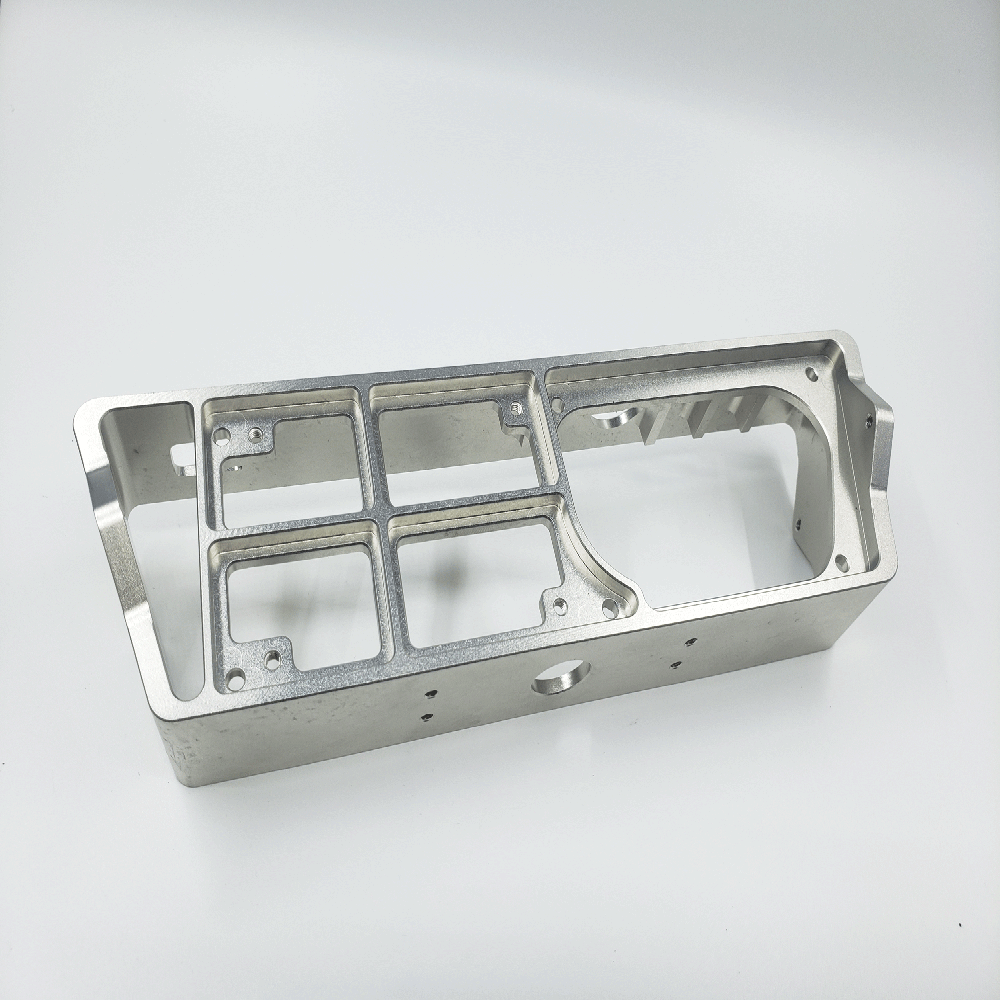Unlocking Precision: The Power of CNC Precision Machining
In the dynamic landscape of modern manufacturing, CNC precision machining
stands as a cornerstone technology that drives innovation and excellence. This
advanced manufacturing process, leveraging Computer Numerical Control (CNC),
has revolutionized how intricate components and parts are produced across
industries. Let's delve into what CNC precision machining entails and why it's
crucial in today's competitive market.
Understanding CNC Precision Machining
CNC precision machining
involves the use of computer-controlled machines to execute precise
manufacturing tasks. These machines are programmed with CAD (Computer-Aided
Design) software to dictate the exact movements and operations required to
create complex parts with high accuracy. Unlike traditional machining methods
that rely on manual operation, CNC machining ensures consistent quality,
repeatability, and efficiency in production.
Key Advantages of CNC Precision Machining
The adoption of CNC precision machining offers several distinct advantages:
1. Accuracy
and Precision: CNC machines can achieve incredibly tight tolerances,
often measured in microns. This level of precision is essential for industries
such as aerospace, automotive, and medical, where even the smallest deviation
can impact performance and safety.
2. Complexity
Handling: CNC machines excel at producing intricate and complex
geometries that would be challenging or impossible to achieve manually. This
capability expands design possibilities and enhances product functionality.
3. Consistency
and Repeatability: Once programmed, CNC machines can replicate
identical parts with minimal variation. This consistency ensures uniformity
across production batches, facilitating seamless assembly and maintenance.
4. Efficiency
and Productivity: CNC machining reduces production times and labor
costs by automating repetitive tasks and minimizing material waste. This
efficiency not only improves operational throughput but also enhances overall
profitability.
Applications Across Industries
The versatility of CNC precision machining makes it indispensable across a
wide range of industries:
·
Aerospace: From aircraft
components to satellite parts, CNC machining ensures precision and reliability
in critical applications where safety and performance are paramount.
·
Medical: Surgical instruments,
implants, and prosthetics require precise machining to meet stringent
regulatory standards and ensure patient safety.
·
Automotive: Engine components,
transmission parts, and electronic systems benefit from CNC machining to
enhance vehicle performance, reliability, and fuel efficiency.
·
Electronics: The
miniaturization trend in consumer electronics demands CNC precision machining
for manufacturing circuit boards, connectors, and housings with precise
dimensions and tolerances.
Future Trends and Innovations
Looking forward, advancements in CNC technology continue to drive innovation
in manufacturing:
·
Integration of AI and Machine Learning:
AI-powered CNC systems can optimize tool paths, predict maintenance needs, and
enhance machining efficiency.
·
Additive Manufacturing Integration:
Combining CNC machining with additive manufacturing (3D printing) allows for
hybrid processes that leverage the strengths of both technologies to produce
complex parts efficiently.
·
Smart Factory Solutions:
Industry 4.0 initiatives promote interconnected CNC systems that enable
real-time data monitoring, remote diagnostics, and predictive maintenance,
further improving manufacturing agility and responsiveness.
CNC precision machining represents a pivotal advancement in manufacturing technology. Its ability to deliver unmatched accuracy, complexity handling, and efficiency underscores its critical role in driving innovation and competitiveness across global industries. As businesses embrace digital transformation and automation, investing in CNC precision machining isn't just about staying ahead—it's about defining the future of manufacturing excellence.




Comments
Post a Comment